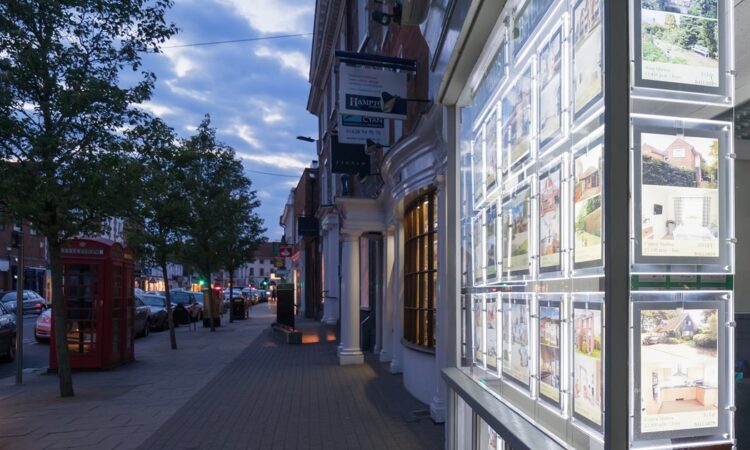
While house prices have increased at a faster pace over the pandemic, new research suggests that this has begun to slow.
Zoopla found that currently sellers are having to accept a 4.5% discount on their asking price to achieve a sale. This equates to roughly £14,000, according to the real estate firm’s calculations.
“Putting this discount into context, the average UK home grew in value by £42,000 over the pandemic, suggesting sellers are having to forgo, on average, 33% of their pandemic gains to achieve a sale,” it said in a report released on Tuesday.
Meanwhile, Nationwide BS’s research reinforces the idea that housing activity has slowed down. In the year to February, house prices declined by 1.1%, meaning they are at their weakest in over 10 years.
“It will be hard for the market to regain much momentum in the near-term since economic headwinds look set to remain relatively strong,” said Robert Gardner, Chief Economist at Nationwide BS.
As for mortgage rates, the average Standard Variable Rate (SVR), two year fixed rate, and five year fixed rate still sit above their pre-pandemic counterparts in January 2020.
Moreover, while fixed rates have reduced in recent months, the average SVR has only increased.
The reduction in the Moneyfacts average fixed rate figures has been off an historically high base, when lenders repriced their mortgages to reflect the economic uncertainty which followed the mini-Budget.
SVRs, meanwhile, have increased following the Bank of England’s consecutive base rate increases, according to Rachel Springall, Finance Expert at Moneyfacts.
She explained that opting for a fixed or variable mortgage will depend on the borrower.
“It is down to the borrower on whether they should fix or stay, so it’s wise to seek advice to see if it is the right time to get a new deal,” she added.






